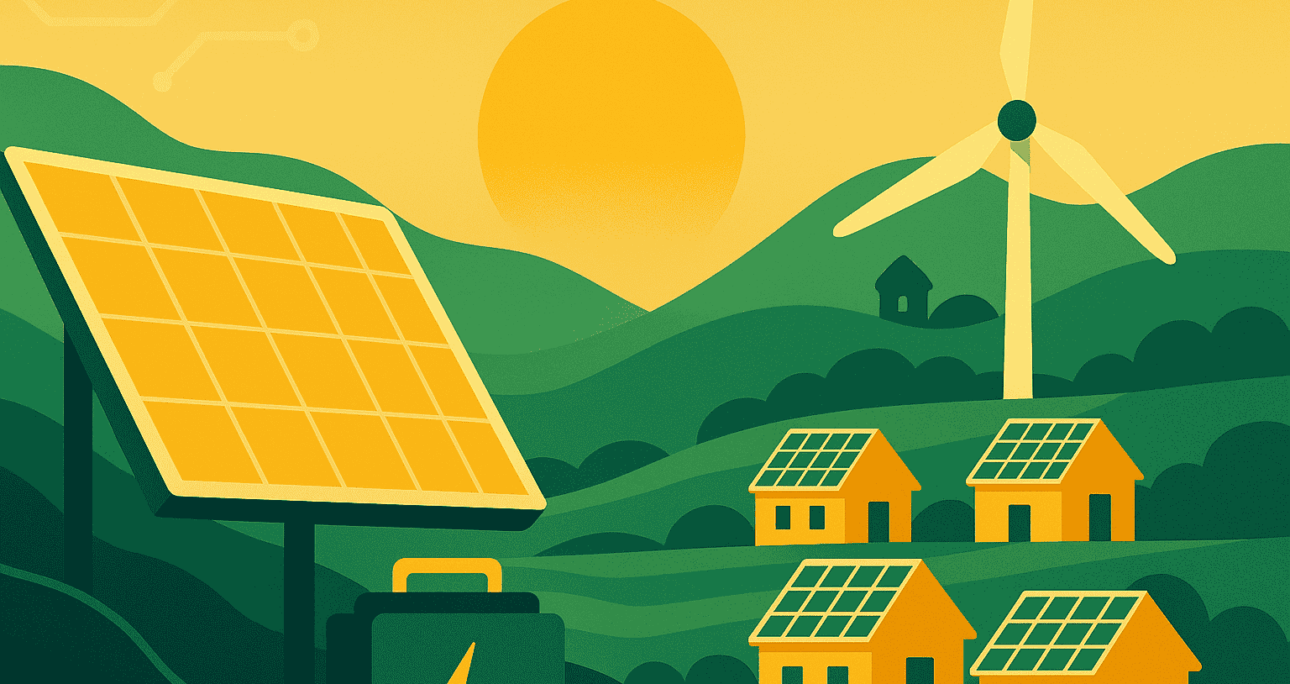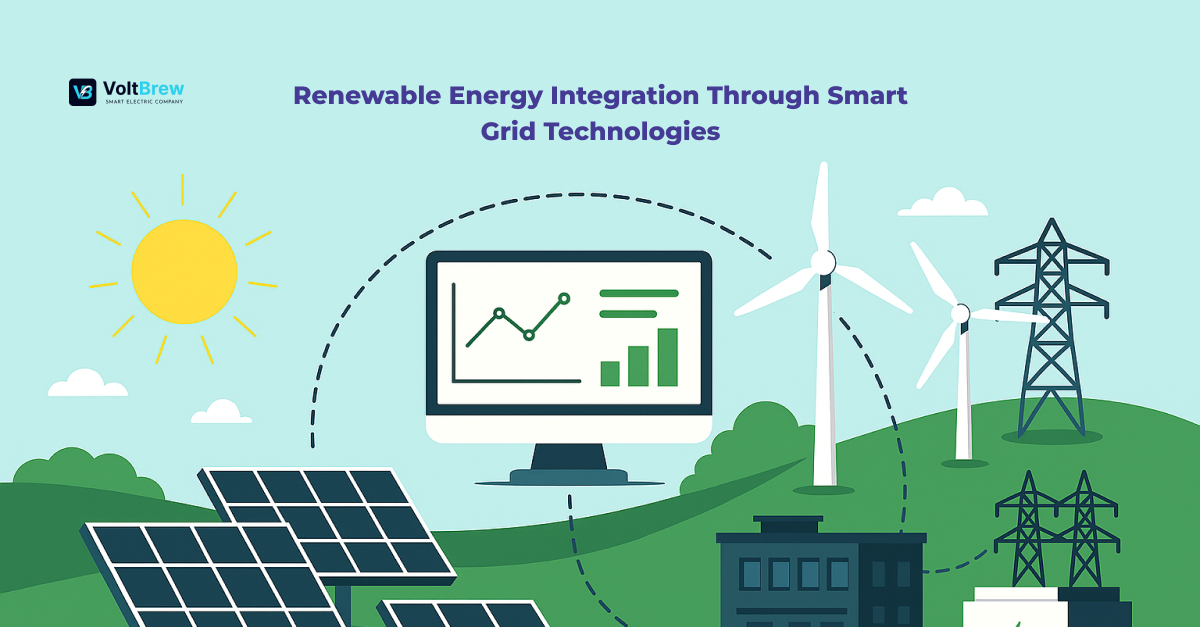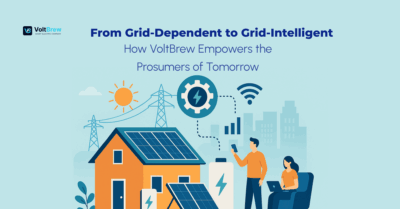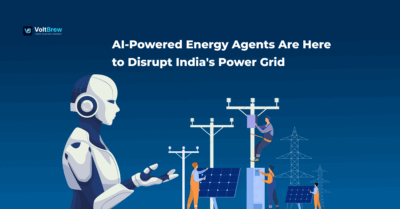When Intelligence Meets Energy: AI-Powered DERs Economies
In many parts of the world, the lights still flicker—or worse, never come on. From rural villages in Sub-Saharan Africa to island communities in Southeast Asia, energy access remains a major challenge. Despite decades of global development efforts, over 700 million people still lack reliable electricity. The dream of universal energy access seems distant, but at VoltBrew, we believe this can change—quickly and sustainably. The solution lies in a powerful combination: AI-Powered DERs for Energy Access in Emerging Economies.
Understanding the Challenge
Emerging economies often face a cocktail of energy-related issues: unstable central grids, high transmission losses, fuel supply insecurity, and the daunting economics of reaching remote communities. Traditional grid extension is expensive and time-consuming, often making it unviable for governments with stretched resources.
Distributed Energy Resources (DERs)—like rooftop solar, battery storage, and mini-grids—have emerged as game-changers. They bypass the need for massive grid infrastructure and offer modular, flexible, and localized energy solutions. But while DERs decentralize the power supply, they introduce a new challenge: complexity. Managing hundreds or thousands of small, scattered energy units requires intelligence, automation, and seamless coordination. This is where AI steps in.
The Rise of AI in Energy Distribution
Artificial Intelligence isn’t just transforming industries like healthcare and finance—it’s rapidly revolutionizing energy systems too. AI can optimize DER performance, predict demand spikes, manage the intermittency of renewables, and detect issues before they become outages. When paired with DERs, AI becomes the digital glue that holds decentralized systems together—enabling them to operate efficiently, autonomously, and reliably.
This integration is central to AI-Powered DERs for Energy Access in Emerging Economies—a model that doesn’t just provide electricity, but creates intelligent energy ecosystems tailored to local needs. Whether it’s a solar mini-grid predicting demand for an Indian village or a battery network in Kenya self-balancing power, AI brings precision and foresight to rural electrification.
VoltBrew’s Approach to Smart DER Integration
At VoltBrew, we are not just deploying technology—we are building ecosystems. Our approach to AI-Powered DERs for Energy Access in Emerging Economies focuses on four strategic pillars:
- Intelligent Microgrids
Our microgrids integrate solar PV, lithium-ion batteries, and AI-based EMS. These systems forecast energy needs, balance generation and consumption in real-time, and deliver utility-grade stability even in off-grid environments. - Data-Driven Decision-Making
Sensors and IoT devices feed real-time data into AI algorithms that improve efficiency, reduce operational costs, and prolong equipment lifespan. - Adaptive Tariff Models
Machine learning helps us tailor dynamic tariffs based on community usage behavior and affordability—ensuring financial sustainability without excluding low-income users. - Scalable Architectures
Our modular, AI-monitored systems adapt as communities grow—whether by adding new energy sources or integrating future technologies like EV charging.
Real-World Impact: Stories from the Field
In 2023, VoltBrew launched AI-enabled solar microgrids in Nigeria, serving over 5,000 residents across eight villages. Diesel generators were replaced with solar power, boosting productive hours by 40% and reducing household energy costs by 25%.
In Bangladesh, our AI-optimized DER network now powers 300+ solar home systems, enabling smarter irrigation and better harvests for local farmers. These real-life implementations prove that AI-Powered DERs for Energy Access in Emerging Economies aren’t just promising—they’re already delivering results.
Beyond Technology: Building a Just Energy Future
Achieving universal energy access goes hand in hand with fighting climate change and fostering economic inclusion. Smart DERs are not just a technical fix—they represent a paradigm shift. They empower local communities, reduce emissions, and create resilient energy systems that can adapt to a changing planet.
To accelerate progress, we must work together. Governments should incentivize smart DERs through progressive policies. Financial institutions must enable access to affordable capital. And the global development community should prioritize data transparency and local capacity-building.
The Road Ahead
The next decade will define how billions experience energy. At VoltBrew, we believe that when intelligence meets innovation, we can leapfrog old limitations. AI-Powered DERs for Energy Access in Emerging Economies offer a clear, scalable blueprint for a cleaner, smarter, and more inclusive energy future.
We invite you—innovators, investors, and changemakers—to join us. Because the future of energy isn’t just about power. It’s about empowerment.





